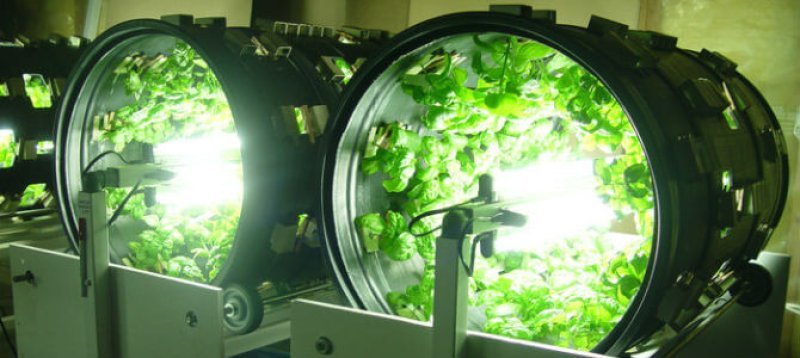Researchers from the University of California, Davis, have genetically engineered lettuce to produce a drug based on a human hormone that keeps bones strong.
It is the latest development in the emerging field of designing food and drugs suitable for long-distance space travel.
Astronauts lose on average about 1 per cent of their bone mass a month in space.
The team will next try to tweak the lettuce to make it more efficient at producing the drug [parathyroid hormone (PTH)], so astronauts won’t have to eat as much.
They’d also like to see how it grows on the ISS.
And no-one knows what it tastes like yet because it hasn’t been tested for safety on either animals or humans.
“If you are taking medication, you want to be sure how much you’re taking,” Dr Mortimer said.
…
Professor Gilliham said that not only could research into plants like lettuce and duckweed benefit space travellers in the future, it could provide more sustainable sources of food, drugs and other materials on Earth.
“It’s that example of using the lens of space to improve sustainability here on Earth,” he said.































